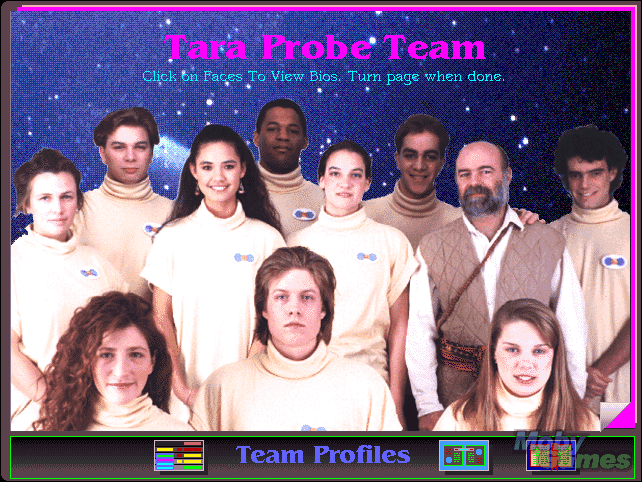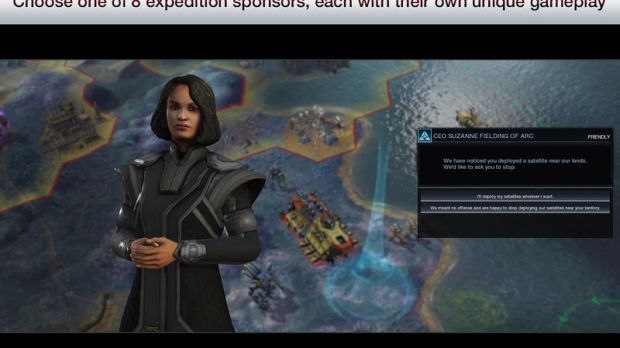I make no apologies for gushing about Beyond the Wall and Other Adventures. It’s an innovative OSR game in a field of me-toos (much as I respect the movement), it’s focused on the only fantasy genre I really care for, and the authors have paid attention to the current trend for pick-up RPGs: the playbook-style approach of *World games. And it’s eight dollars for the pdf. You should buy it.
Beyond the Wall and Other Adventures is a zero-prep roleplaying game you can play in an afternoon. About BtW Supplements Downloads & Freebies About Us. An exciting supplement for convenient campaigns of Beyond the Wall and Other Adventures.
- Download 2560x1600 Beyond The Clouds, Earth Wallpaper for Windows / Mac, Notebook,iPhone and other Smartphones.
- Beyond The Great South Wall. In Order to Read Online or Download Beyond The Great South Wall Full eBooks in PDF, EPUB, Tuebl and Mobi you need to create a Free account. Get any books you like and read everywhere you want. Fast Download Speed Commercial & Ad Free. We cannot guarantee that every book is in the library!
Also like *World games it’s customisable. The authors have released several packs of playbooks and a scenario, Colin Chapman has donated the What Lies Beyond beastiary, and last month Joel Priddy published a blank playbook for custom characters.


So, after yesterday’s excess of words and theory, something of slightly more practical use. I’d like to talk about the process of writing playbooks.
Joel Priddy’s Blank Worksheet is a great resource if you want to build your own playbooks, mainly because he’s done all the hard work of crunching the numbers for us. My only complaint with it is it’s rather terse. Of course if you’re brimming over with ideas then you’ll probably fill in all those cells in a flash… but if you happened to spend the previous evening in a bottle of Tanqueray and are now suffering for it, here’s a bit of help to get your creative thoughts in order.
Since Joel’s template already has all the numbers you need, the aim is to complement with a bit of mythic structure. Unsurprisingly I’m going to use Joseph Campbell’s monomyth. If you don’t know what that is, here is the Wikipedia page. But even better, read Campbell’s book. James Wallis recommends it.

As I said earlier, I like to think that characters have already completed at least one mythic cycle before play even begins. That skill, experience and wisdom must come from somewhere. And we know from Vogler that the Hero’s Journey not only provides a useful external plot arc, it’s also good for internal character arcs too.
I’m only going to consider five stages, rather than the full twelve (or seventeen). These are:
- The Ordinary World
- The Call / The Mentor / Crossing The Wall
- The Road of Trials
- The Ordeal
- The Reward / The Return
Here’s a nice diagram:
I’ve already talked about the duality of Worlds — the Ordinary World and the Magical World — and the Transition between them. For this example I thought it fitting to call them The Village and Beyond The Wall respectively.
The Ordinary World and Meeting the Mentor both happen in the world of innocence, The Village; then the Road of Trials and the Ordeal happen in the world of experience, Beyond The Wall. The last stage (Reward and Return) sort of happens on the cusp of the two worlds.
Ordinary World
These are the character’s early years, expressed in the first three tables. The PC hasn’t yet realised what sort of hero they’re going to be; at this point, they have the potential to be anyone.
The stock tables from Joel’s spreadsheet are “who raised you”, “how did you distinguish yourself” and “an influential person”. Note that the influential person is not the mentor (at least not for the purposes of this cycle). Note also that “early years” are relative, and need a bit of reinterpretation for demi-human playbooks.
Call, Mentor, and Crossing
This is a combination of the stages Call to Adventure, Meeting the Mentor (a.k.a. Supernatural Aid) and Crossing the Threshold.
It’s the Mentor that inspires the character to cross the threshold (the Wall) and take the “Road of Trials” that shapes them into a warrior, initiates them into the world of magic, or teaches them to be a self-reliant rogue.
The mentor doesn’t have to be living, or human. All the mentor does is push the dithering hero over the threshold. The following could all be seen as Mentoring stages:
- the moment you realised you were different from the others
- finding wisdom in a book
- having a dangerous situation forced upon you and succeeding
- vowing revenge after something is taken from you
Most importantly this stage foreshadows the class the character is going to join in the next stage. Note that some of the playbooks reverse the order of the tables for this stage and the Road of Trials.
This table is paraphrased as “how did you come to your class?” in the worksheet. Obviously there’s a lot of implied stuff to cram into one line item in the table — but being able to cram a lot of implied history into a single line is a good skill to practice!
The Road of Trials
Now we’re into the realm of Experience, this Road of Trials is the hero’s development within her character class, and is the point where the character’s skills, spells and knacks are defined. We assume some trials happen, and the character learns and gains strength from the experience.
This table is called “a significant event, influence or specialisation relating to class” in the worksheet.
The Ordeal
The most important lesson the character learns is the value of friendship during a crisis. This is the table for “A Previous Adventure” that involves the player to the right.
These don’t have to be violent ordeals; they can just as easily be domestic events like resolving a love interest or coming to terms with one’s nature. What’s probably most important is the role of the friend in overcoming the ordeal which is otherwise too much for the character to handle alone.
Reward and Return
This is the denouement to the cycle. It’s part Reward following the Ordeal, and part Return with the Elixir. The table is “you acquired a distinctive possession, resource, or ally”.
Note that if the character acquires an ally it’s probably as a consequence of growing spiritually and forming a relationship they could not have formed had they not gone through the Ordeal. If they have formed such a relationship, this is potentially a future mentor figure.
Developing The Playbook
A Playbook complements a Character Class by providing a sort of prelude plot arc.
Each stage of the plot arc corresponds to a stage in the monomyth cycle as discussed above. When we come to design the playbook we already know what the outcome of each stage is. For example for the Apprentice Sorcerer the outcomes for each stage are:
- Ordinary World: growing up with nobility (common with other playbooks)
- Call / Mentor / Threshold: your mentor was a magic user
- Road of Trials: you learned a style of magic from him
- Ordeal: you witnessed something happen to him
- Reward / Return: you found something in his lab

Or the Reformed Bully, which raises interesting questions about who the mentor is:
- Ordinary World: early childhood (common with other playbooks)
- Call / Mentor / Threshold: you turned into a bully
- Road of Trials: you were a particular kind of bully
- Ordeal: you realised you didn’t want to be a bully any more
- Reward / Return: you were forgiven
To complete the tables we need the details of exactly how these outcomes happened, and a question that reflects the outcome — our question assumes that the outcome will happen. Sometimes the question needs to be phrases as a statement to set the scene, and then a question.
Hacking Existing Playbooks
I believe Vincent Baker said the Apocalypse World playbooks came about from hacking the Brainer playbook.
While I can use the cycle to create arcs from whole cloth, there’s already so many examples provided in the existing playbooks that it should be straightforward to tweak the existing books. Let’s say I want to create a new playbook called The Silver Spoon. This character is a favourite son or daughter who has always had their way. Their cycle will be one of fall and redemption through friendship.
That sounds a lot like the Bully, so I’ll just tweak that. The outcomes I want are:
- Ordinary World: childhood cycle, as per other books (substitute nobles cycle if it suits)
- Call, Mentor, Threshold: rather than being a bully, the character is scheming and manipulative.
- Road of Trials: we learn exactly how this character has put their manipulative nature to evil use. Crime? Forcing others to do terrible things?
- Ordeal: the point at which the character sees the harm their selfishness has caused.
- Reward and Return: forgiveness.
I’m going to have to pick the right questions and then populate the table, but it’s clear that I can take a lot of inspiration from the Bully (clearly this character is just a bully by another name, possibly in richer clothes).
Mac Beyond Compare
Names For New Playbooks
You could do worse for new character inspiration than pick a name like “The adjectivenoun”, e.g.
- The Reluctant Knight
- The Reckless Priest
- The Vengeful Shepherd
etc.
Beyond The Wall Download For Mac Download
Here are some adjectives I thought I might turn into playbooks:
reluctant, reckless, aspiring, solitary, uncouth, unruly, vengeful, rebellious, silent
And here are a few nouns:
princeling, knight, priest, apprentice, miller
Video Wall Mac
OK, that’s it for this post. The next one will discuss how to tackle developing scenario packs.
